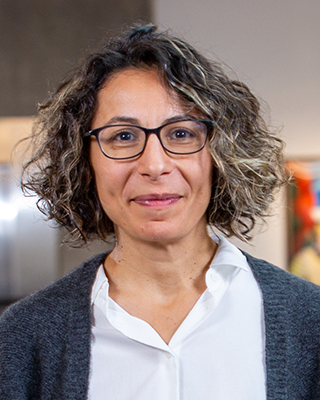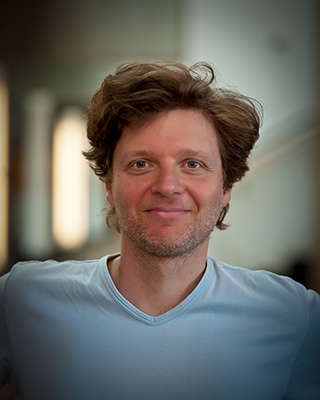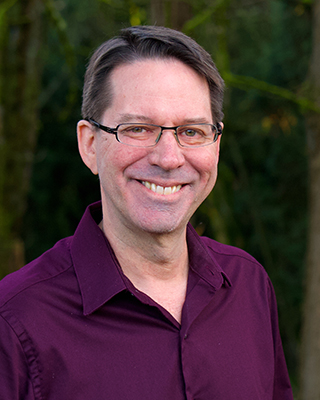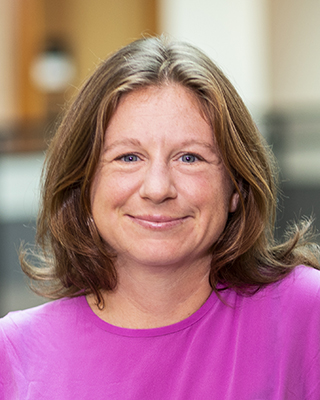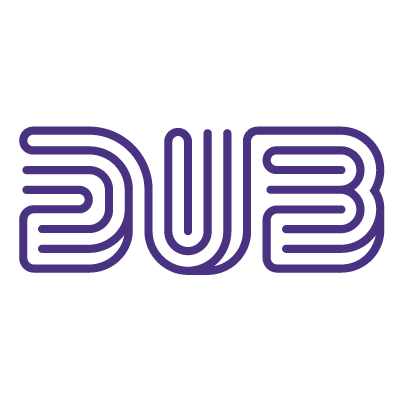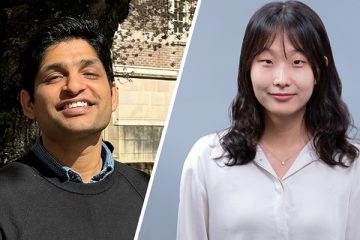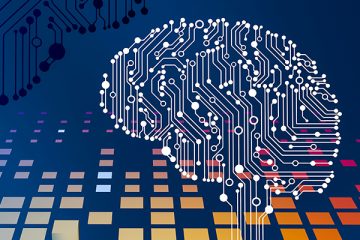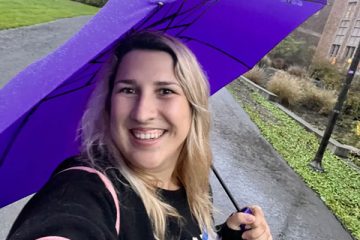Allen School researchers are at the forefront of exciting developments in AI spanning machine learning, computer vision, natural language processing, robotics and more.
We cultivate a deeper understanding of the science and potential impact of rapidly evolving technologies, such as large language models and generative AI, while developing practical tools for their ethical and responsible application in a variety of domains — from biomedical research and disaster response, to autonomous vehicles and urban planning.
Groups & Labs
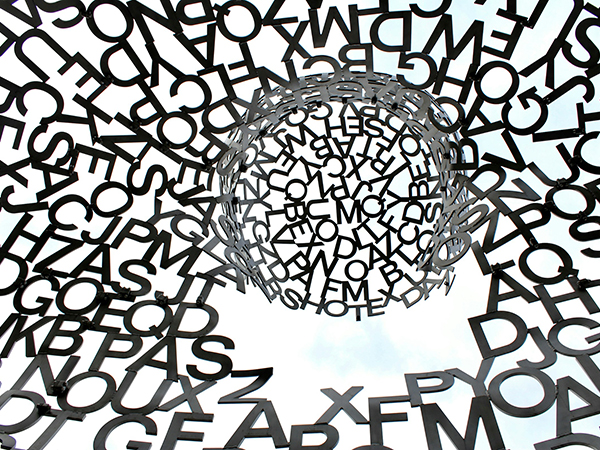
Tsvetshop
Tsvetshop researchers aim to develop practical solutions to natural language processing problems that combine sophisticated learning and modeling methods with insights into human languages and the people who speak them.
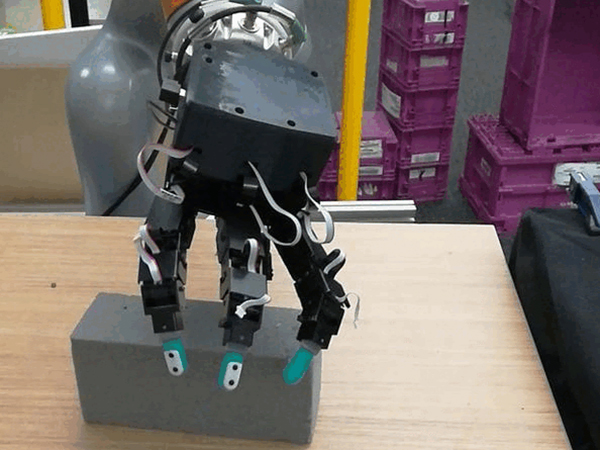
WEIRD Lab
The Washington Embodied Intelligence and Robotics Development lab is interested in robotics problems, and currently we are thinking deeply about reinforcement learning algorithms to enable real-world robotic manipulation tasks in the home.
Faculty Members
Centers & Initiatives
The interdisciplinary DUB group at the University of Washington advances research, collaboration and teaching related to the interaction between design, people, and technology.
Computing for the Environment (CS4Env) at the University of Washington supports novel collaborations across the broad fields of environmental sciences and computer science & engineering. The initiative engages environmental scientists and engineers, computer scientists and engineers, and data scientists in using advanced technologies, methodologies and computing resources to accelerate research that addresses pressing societal challenges related to climate change, pollution, biodiversity and more.
Highlights
Allen School News
Allen School News
University of Washington Magazine

